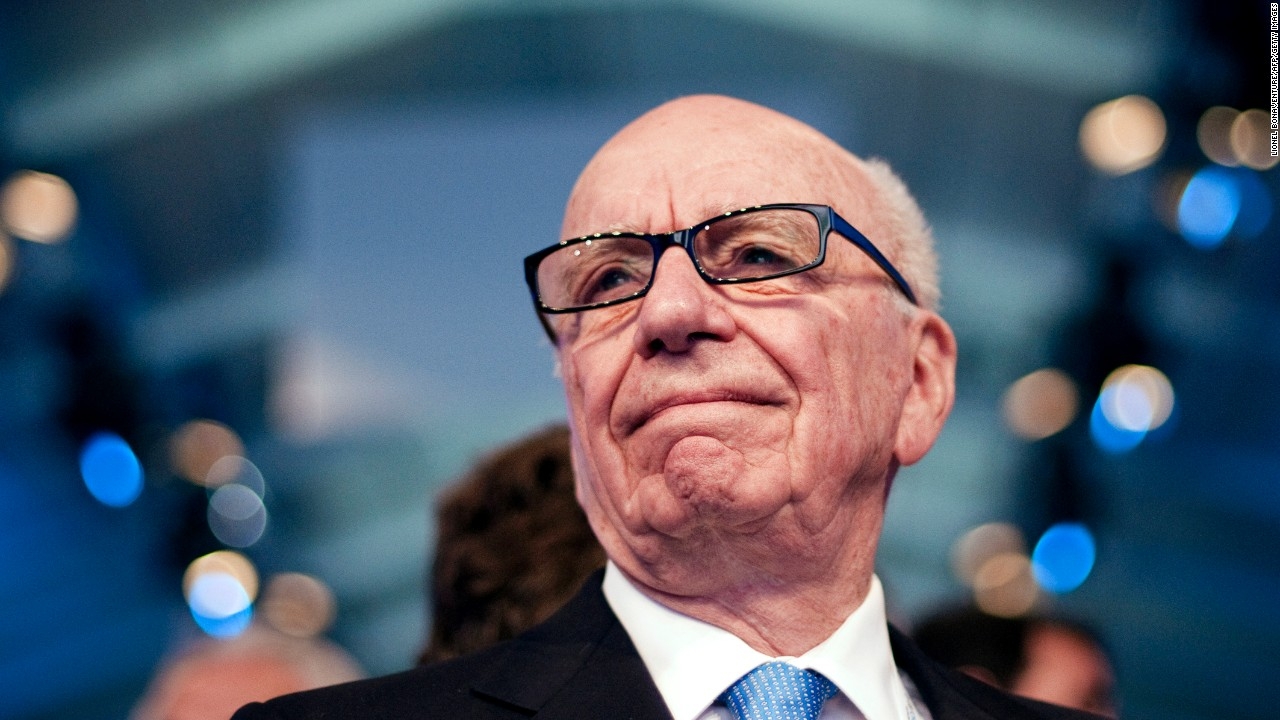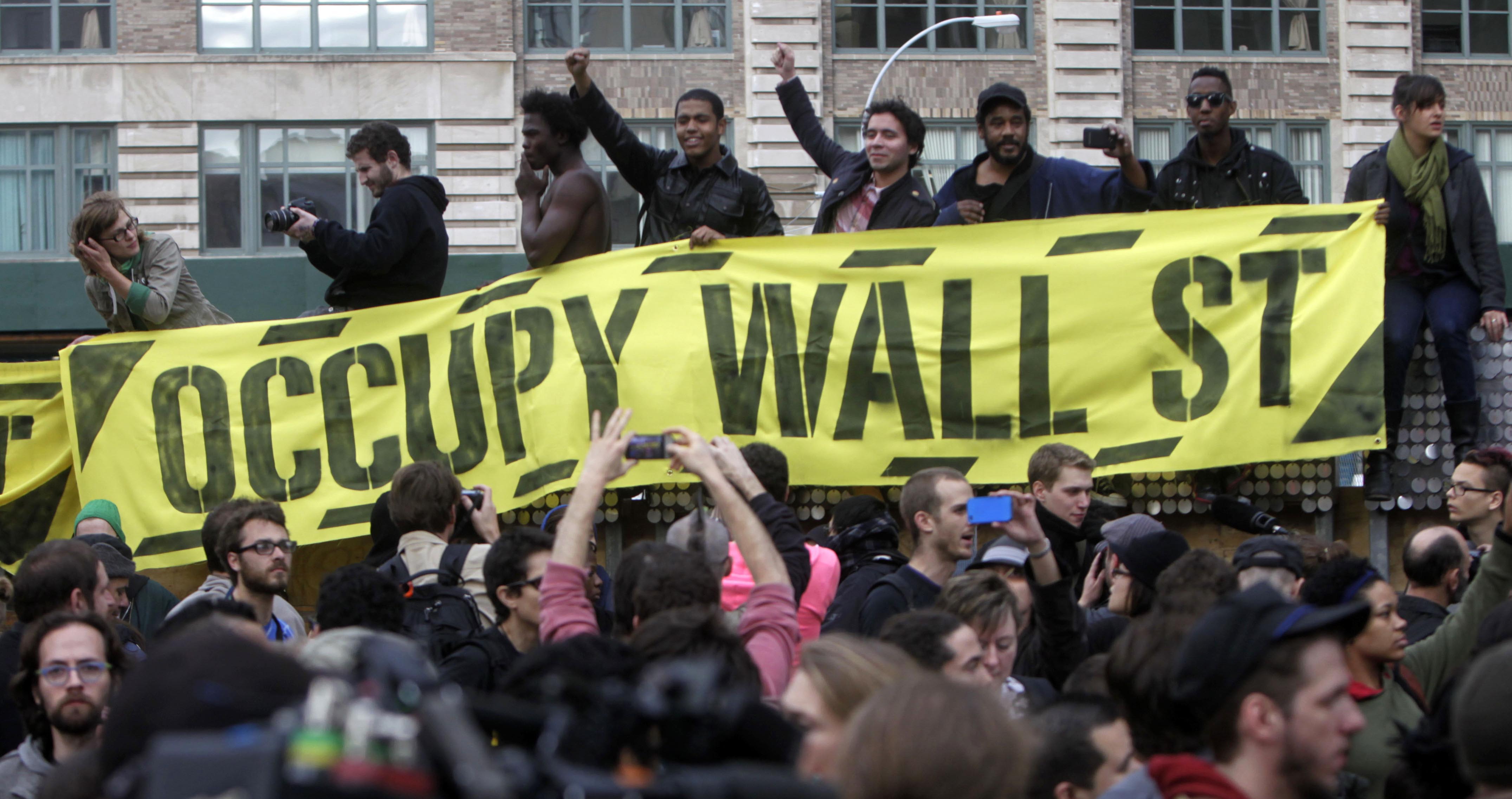
 Oxfam report proves that immigrants aren't stealing your income, it's the one percent
Oxfam report proves that immigrants aren't stealing your income, it's the one percent
The new Oxfam report states that 84% of the global wealth created in 2017 went to the richest 1%. The report also points out that this is enough to end world poverty, a mere seven times over. These stats and figures may seem shocking but this is not an anomaly, this is the product of a largely ingrained agenda.
And it is far from the first time that this telling sign of greed and inequality has been pointed out.
The Occupy Wall Street movement was in many respects born from the concern over the incredible extent of the control that established financial institutions and individuals appeared to have over the distribution of wealth, with all signs pointing towards said distribution only really benefitting the top 1%.
Out of this also came a sizeable chunk of the wide grassroots support that Bernie Sanders' campaign rightfully earned in the 2016 Democratic Party presidential primaries, showing that many of the American people had had enough.

However, it would be somewhat of a mistake to think that this conversation has only taken place in the United States. The 2016 Oxfam report already states that 62 people own the same wealth as 3.6 billion people combined worldwide and furthermore, the wealth of the richest 62 people rose 44% percent in the years between 2010-2015.
The rate by which the wealth is being concentrated into the hands of the 1% has clearly accelerated and alarmingly so. But as the 2016 Oxfam report shows, the foundations for such an enormous increase in inequality had arguably been laid during the financial crash of 2008.
So after ten years, why still is nothing changing?
One of the ways in which wealth circulates at the top, according to the Oxfam report, is the vast amount of wealth being simply distributed to the next generation through inheritance ($2.4 trillion in the next 20 years). How the wealth ends up in the hands of but a few is a different question.
The report also brings up the question of monopolies.
Individuals or companies that hold monopoly positions in their industries have an unfair advantage over the competition and can often set the rules of the game. Much of the wealth of monopolies is often secured through manipulating public policy to serve private interest. As pointed out in the report, securing private deals, driving down the price of natural resources, corrupt public procurement, tax-exemptions; they all direct money away from public interests to private interests. Through by-passing and manipulating political and legal processes put in place by governments to protect citizens rights, monopolies not only benefit themselves at the expense of the public, but they also tear away at the very fabric of democracy.
The 2018 report also points out that the economic rewards increasingly accumulate at the top. Rather than returning to the economy through investment and increases in pay and purchasing-power for employees, the money goes to stakeholders through returns. The effect of this is only further enforced by the tax evasion and avoidance practices of some of the richest people in the world, as the Panama and Paradise Papers have made painstakingly clear.
The austerity measures imposed by many governments, the UK included, as well as the very rhetoric suggesting that the wealth created by companies translates into jobs and eventually wealth for the public has to then be seen, in the light of these facts, as a gross miscalculation or a boldfaced lie.
The public is told to work harder, spend smarter and if there is something wrong with the economy, it’s probably the immigrants. Systematic unemployment or poor wages are not the result of an influx of foreign work-force, but signs of a broken system. If the wealth the workforce creates does not return to the economy, it doesn't matter who works and how hard - the money will only sit at the top and feed the mouths of a selected few. The Oxfam report figures cast a pretty harsh light on the claims stated in favour of austerity and the ethos of “hard work pays off in the end” will turn out to be an empty promise if the system is already rigged.
